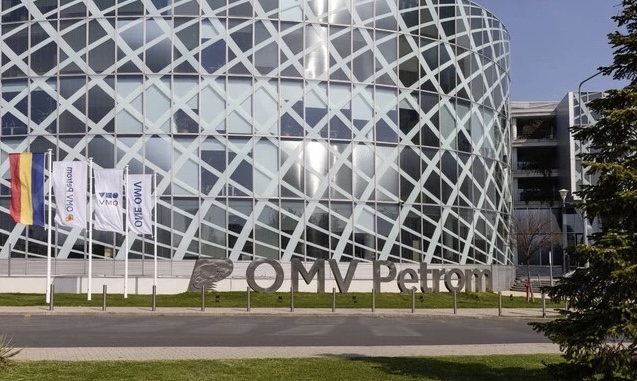KEY POINTS
- OMV’s five-year gas deal boosts European energy security.
- Romania’s Neptun Deep to produce 8 bcm annually from 2027.
- EU continues reducing dependence on Russian energy imports.
Austria’s OMV has finalized a five-year agreement to supply Germany’s Uniper with natural gas from Romania’s Black Sea Neptun Deep project starting in 2027, sources familiar with the deal revealed.
The contract, 15 terawatt hours of gas, is new in the process of Europe’s diversification of supplies, after cutting back Russian supplies.
The Neptun Deep project, jointly operated by OMV Petrom and Romgaz, is Romania’s largest offshore gas development. The field was discovered in 2012 and has estimated reserves of 100 billion cubic meters of marketable gas that should turn Romania into the EU’s top gas producer and exporter once it begins exporting.
Neptun Deep project promises major gas output by 2027
Production from Neptun Deep is anticipated to reach its peak at 8 bcm annually over a decade, nearly doubling Romania’s current gas production.
The now existing contract between OMV and Uniper underlines, that the project can enhance the energy security in the region and after all decrease Europe’s vulnerability regarding Russian energy import
The Romanian law also entitles the government to buy gas from the project first, an effort to meet the nation’s demand for energy before export. According to Reuters, the remaining gas will be marketed independently by OMV Petrom and Romgaz, which share equal ownership of the project.
Europe’s shifting energy landscape after Russian disruptions
The Neptun Deep deal comes as Europe navigates a new energy reality following the suspension of Russian gas deliveries via Ukraine in late 2024.
Furthermore, as the European Union breaks away from its reliance on Moscow’s energy sources, the pace at which alternative sources have been developed has increased with Romania and Black Sea reserves being invaluable.
OMV’s partnership with Germany’s Uniper highlights the growing importance of collaboration among European nations to meet energy demands sustainably and securely.
Analysts suggest further discoveries in Romania’s Black Sea could enhance the EU’s energy diversification strategy, with reserves estimated at an additional 200 bcm.
.



